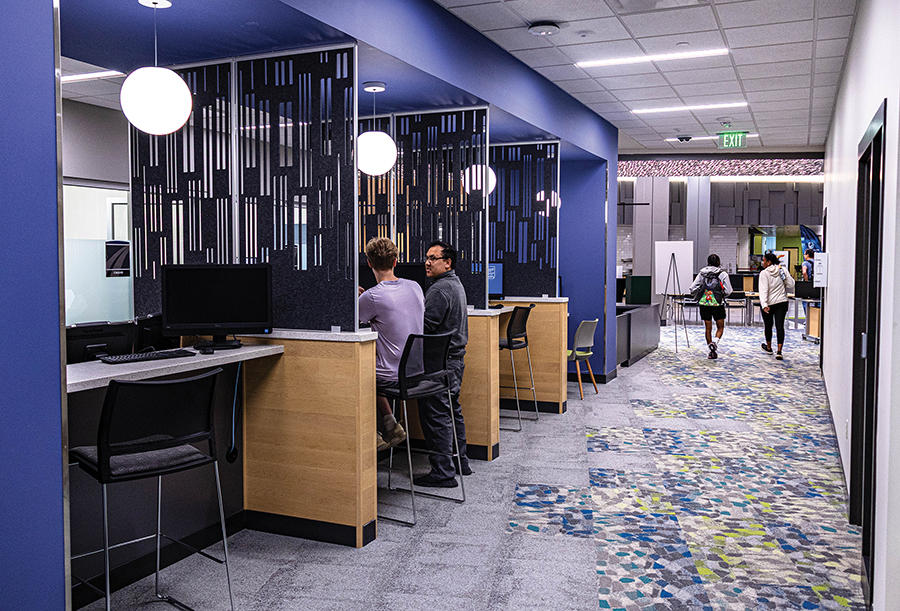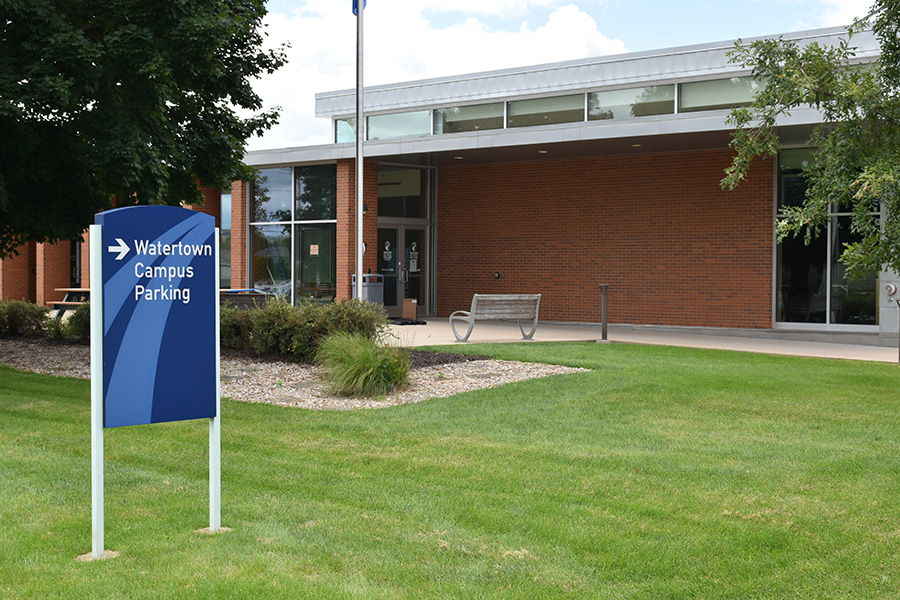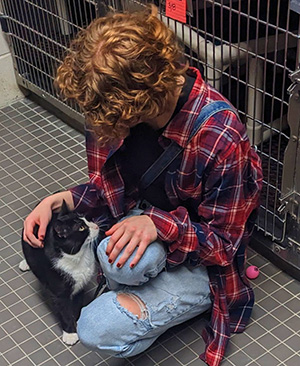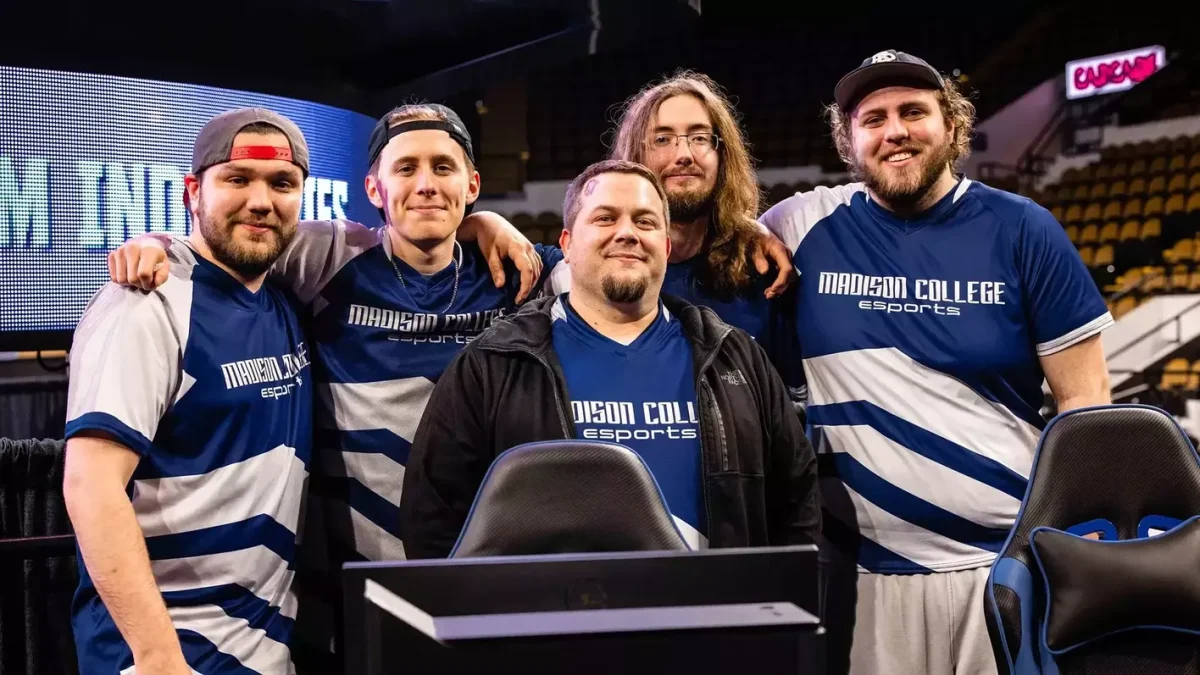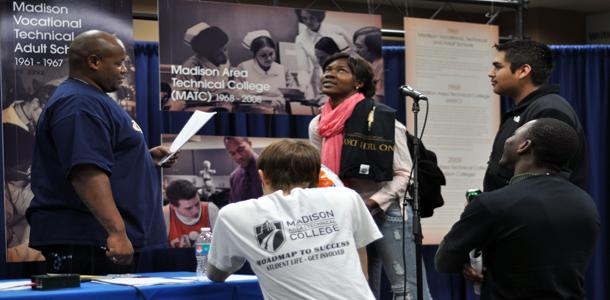We’ve all seen the phenomenal changes rocking our world in the past few decades. Things that only existed on Star Trek are now mundane details of everyday life. Teleportation isn’t possible yet, but digital cable and satellite radio are common.
Cell phones act like computers and computers act like cell phones. Having friends that you’ve never met in person isn’t so shocking anymore, and it’s possible to speak simultaneously with people around the world while ignoring everyone on your bus or in your cafeteria.
Online news is gaining momentum, and viewers have the freedom to read, watch or hear virtually anything that interests them with a click of a button. E-book is now an actual word in Merriam-Webster’s dictionary, and reading a book on real pages with real ink seems like it’s going to be archaic very soon.
All of these lightning speed developments beg the questions: Is this all for the better? Is it necessary? The changes to technology have completely re-structured the way we communicate and interact socially.
International Honors society Phi Theta Kappa braved the investigation behind technological changes in society this year. In their bi-annual “honors in action” research program, the group asked “How is a ‘connection to our past’ enhanced and shaped by access to information? How has the sharing of information evolved and what might be its future?”
Beta Beta Psi, the branch of Phi Theta Kappa operating at Madison College, used a proposed “No-Tech Day” to illustrate our dependence on technology and how we use it to connect.
Cassie Davis, one of the leaders responsible for organizing the event, spoke briefly about the roots of the event and the interesting outcome.
“We’re more connected and disconnected from people,” Davis said. At some point, education changed and the way children are raised changed. Kids are learning everything through technology now. They use calculators and spell check in grade school.”
Davis was surprised at the motivation of many participants, and also at the real challenge it posed. Sixty students in total participated.
“It was a real struggle of commitment. We wanted to make students aware of how dependent they can be,” Davis said.
One woman even promised that she’d keep a journal documenting the experiment, shaking at the thought of going a full day without technology as she signed up for the event.
Another gentleman decided to take the battery out of his phone and keep it in a different area of the room in order to avoid temptation.
As the day progressed, a number of students got to participate in typing contests on old typewriters from different eras. There was also a spelling bee and other games and activities illustrating life in a “simpler time” and showing the gap that has grown with the development of technology.
“I was glad to be able to connect myself with other students involved in Student Life,” Davis said.
“I was surprised by the reactions to the event; there were a lot of extremes. For some students turning off their phones was a piece of cake. For others, though, it was an extreme struggle.”


